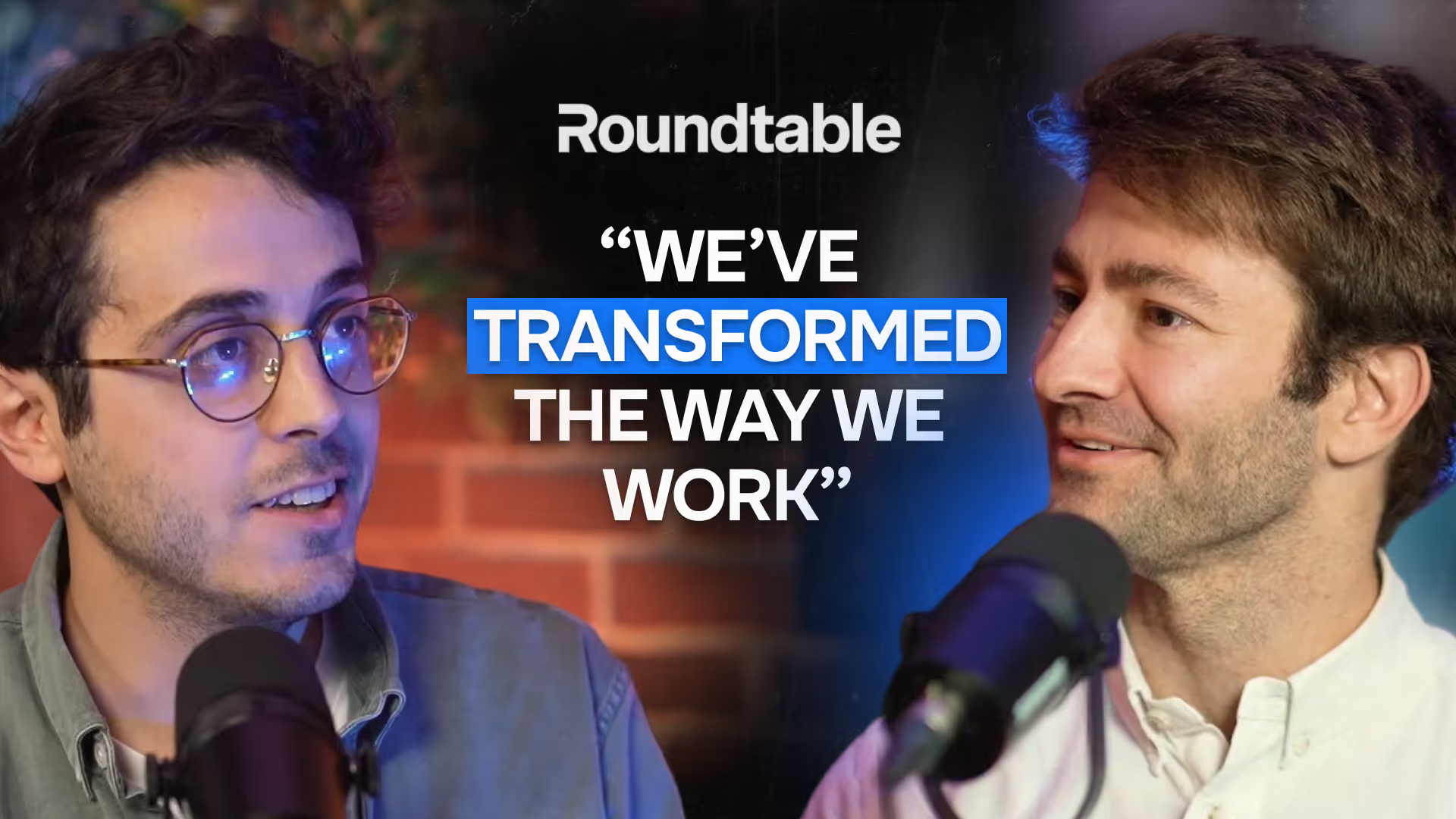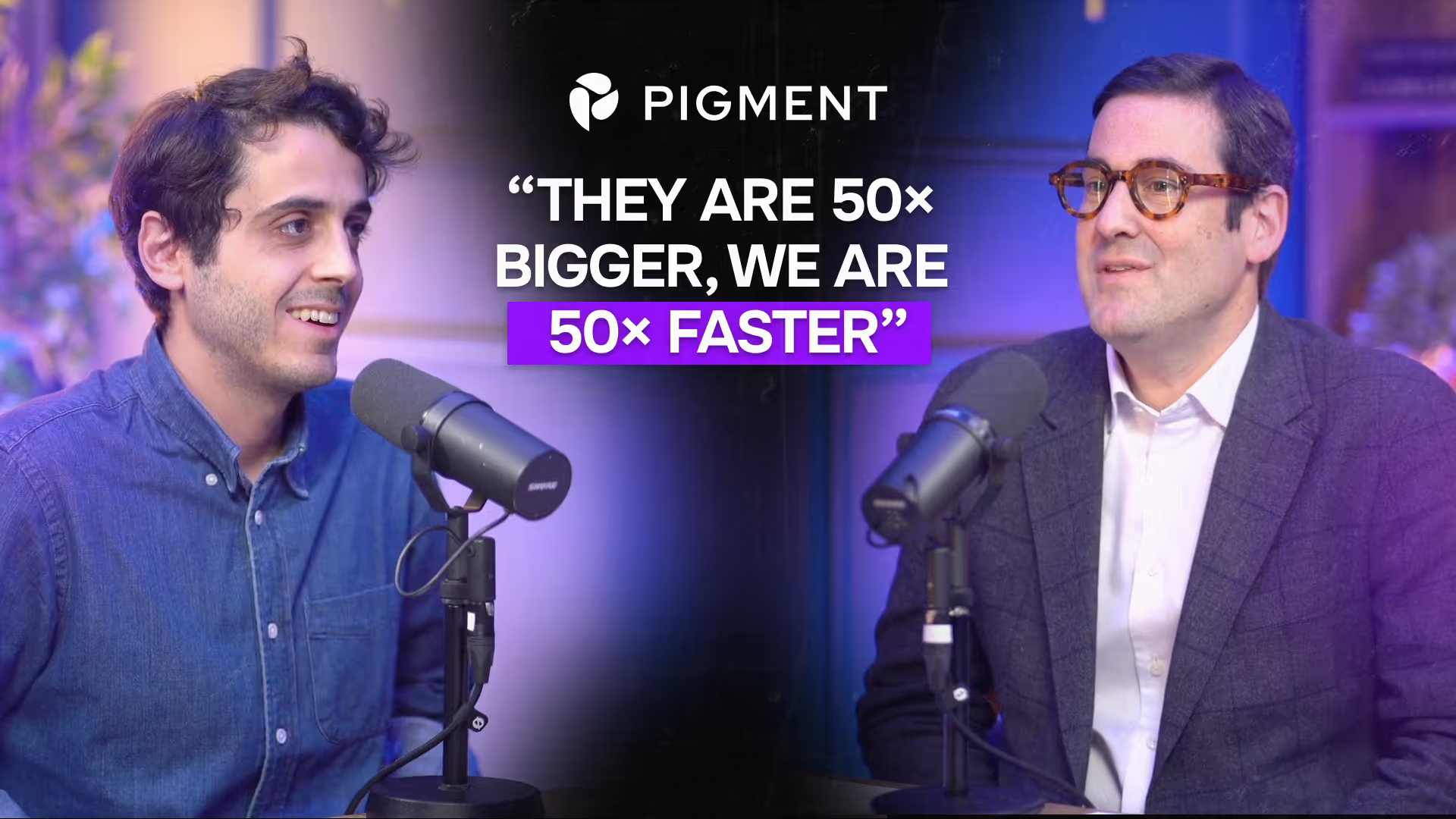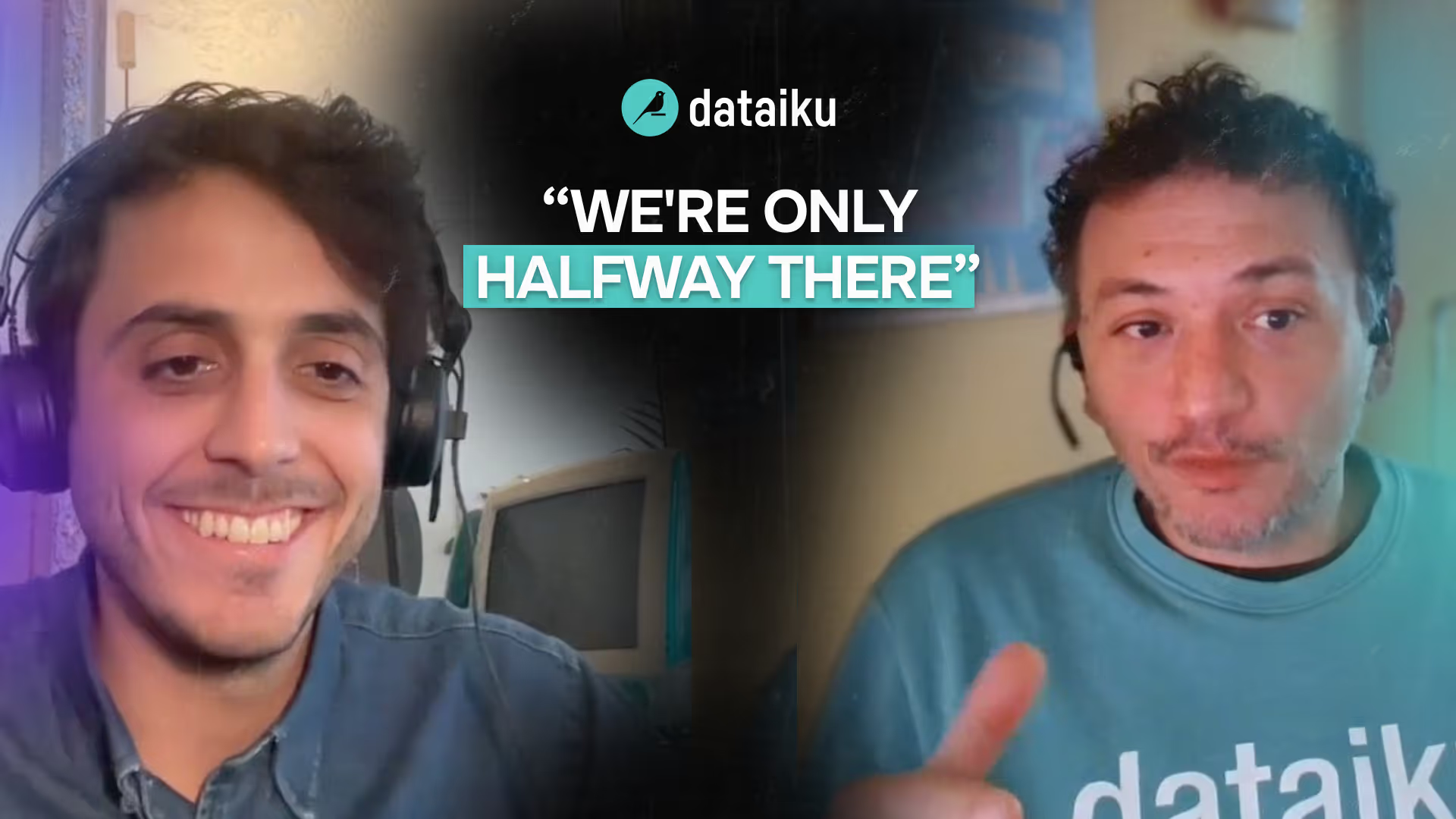
How AI is Redefining the Value of Back-Office Work
At Roundtable, a collaborative investment platform, the back-office isn’t just a support function, it’s the engine that keeps everything running.
Published on :
July 8, 2025
At Roundtable, a collaborative investment platform, the back-office isn’t just a support function — it’s the engine that keeps everything running.
Between SPV creation, legal compliance, and administrative management, thousands of documents flow through the team’s hands every month.
As the company scaled, one question became inescapable: how do you keep growing without being slowed down by operational complexity?
“Reading a 60-page document just to extract three numbers could take an hour — and that was an hour not spent creating value.”
That’s when Julien Fissette, Roundtable’s co-founder and CPO, decided to completely rethink how his teams worked — and to integrate AI not as a gadget, but as a new layer of structure in the company.
Automate to Think Better
For Julien, automation has never been an end in itself.
The real risk, he says, is to reproduce bad workflows — just faster.
“The danger is automating broken processes. AI forces you to rebuild the foundations.”
Instead of mechanically delegating tasks to AI agents, Roundtable revisited the logic behind its workflows — how data circulates, how decisions are made, how tools connect.
The goal wasn’t to replace people, but to redefine where human value lies within the back-office.
“We’re not removing jobs — we’re making people more productive. Their contribution to the company’s value increases.”
AI as a New Teammate
Roundtable started by automating the reading and verification of financial and legal documents — investment contracts, annual accounts, and compliance reports.
But for Julien, this isn’t about replacing human review — it’s about creating an augmented reading layer.
“It’s like managing virtual interns. You have to learn how to review their work and understand where they go wrong.”
That mindset shift — treating AI as a colleague rather than a tool — is what makes adoption sustainable.
It requires new reflexes: supervision, reliability scoring, and prioritization.
Human expertise now lives in how you orchestrate the system, not just how you execute it.
“It’s a cultural change. The back-office runs the company — AI just helps it run smarter.”
Show, Don’t Convince
Adoption doesn’t happen through a memo — it happens through experience.
Julien learned early on that the only way to create internal buy-in is to make people see it.
“You have to show the impact. A live demo, a small use case that actually works — that’s how you get teams on board.”
During a company offsite, he built a working AI agent live in 30 minutes.
Seeing a workflow automated in real time was enough to turn skepticism into curiosity.
That principle is now part of Roundtable’s onboarding: every new team member spends time understanding how AI agents work — not to become an expert, but to know how to collaborate with them.
Win Time Before Hiring
In an era where many scale-ups solve workload issues by hiring more people, Julien holds a different philosophy:
“Automate before you hire.”
Each agent deployed delays the need for new hires — not out of cost-cutting, but out of human efficiency.
It’s about freeing teams from repetitive work so they can focus on higher-value contributions.
“Automating repetitive tasks also makes the job more interesting for everyone.”
The result: better productivity, higher engagement, and a back-office that scales without losing focus.
The Leader’s Role in AI Transformation
For Julien, successful AI transformation doesn’t depend on technology or budgets — it depends on leadership.
“Saying ‘we need AI’ isn’t enough. You have to show a concrete use case, share the results, and repeat. It’s internal marketing.”
Leaders need to embody that shift and encourage experimentation.
It’s not about control, it’s about creating room for curiosity and iteration.
“The more people take ownership, the better it works. You have to let them play with it.”
This bottom-up approach builds a culture where AI is seen as a learning opportunity — not an imposed change.
Key Takeaways
Roundtable’s story reflects a broader transition: companies moving from digitalization to agentization.
The goal isn’t to stack more tools, but to orchestrate them intelligently.
And the real performance driver lies in combining human judgment with machine precision.
“The promise is to automate the most time-consuming workflows — so teams can focus on what really matters.”
In this new paradigm, back-office excellence isn’t about doing things faster.
It’s about doing them smarter — and empowering people to create value at a higher level.
Explore more from Phacet
Unlock your AI potential
Do more with your existing resources using tailored AI solutions.



.avif)




